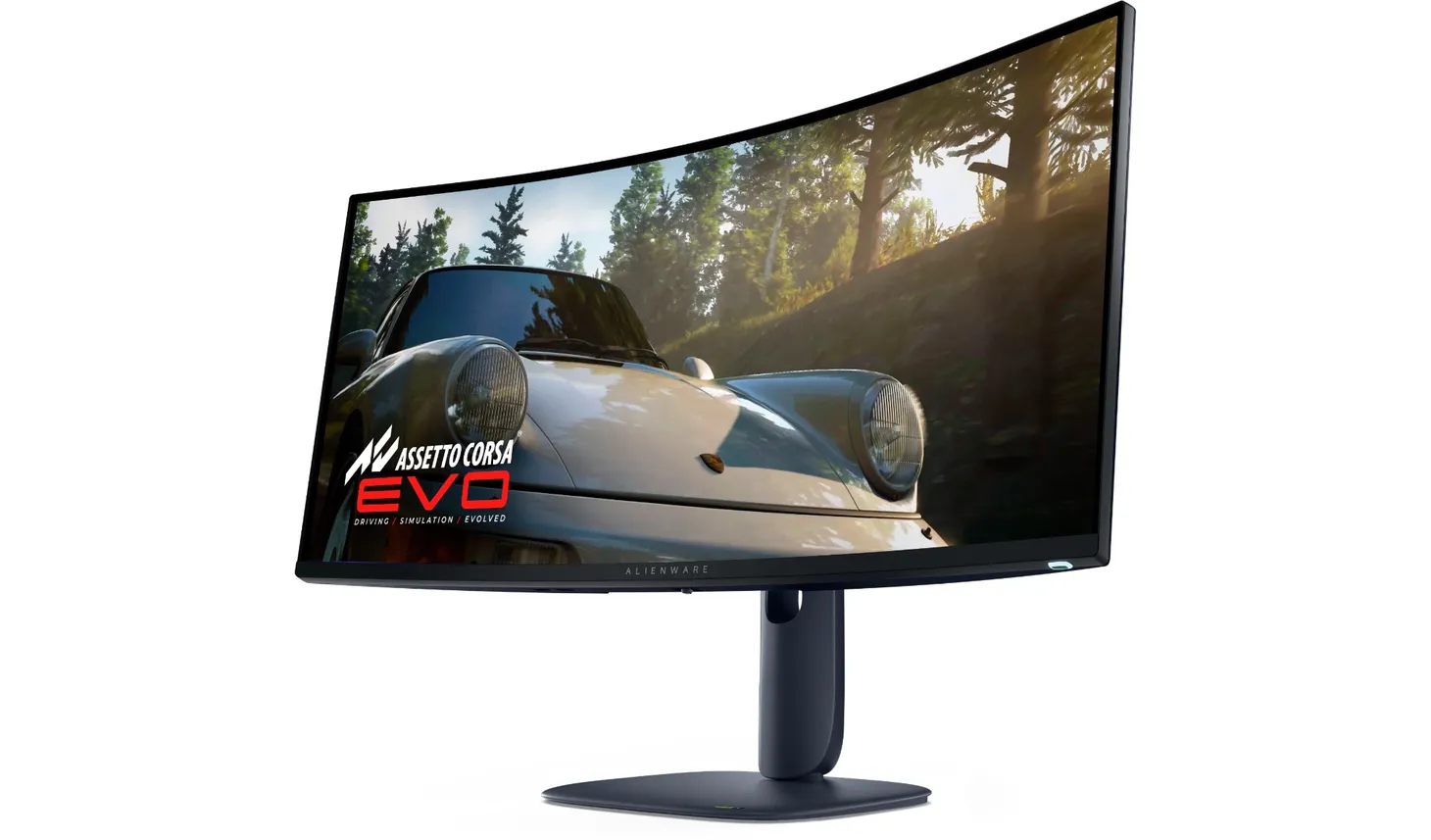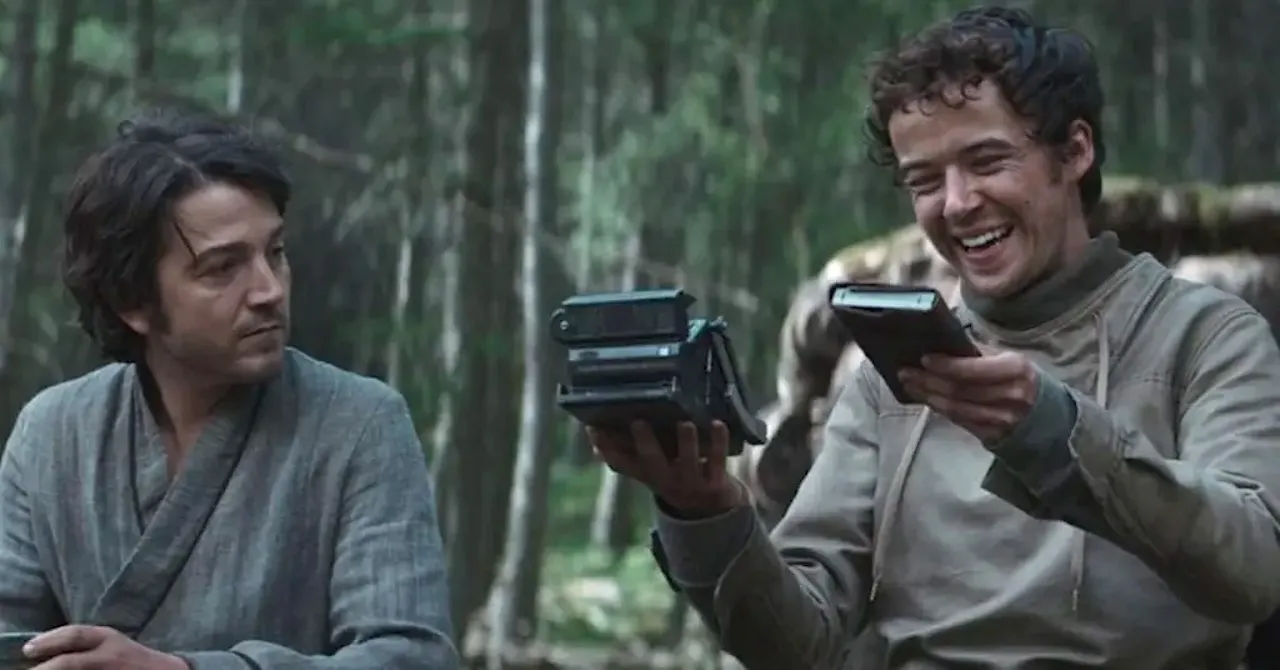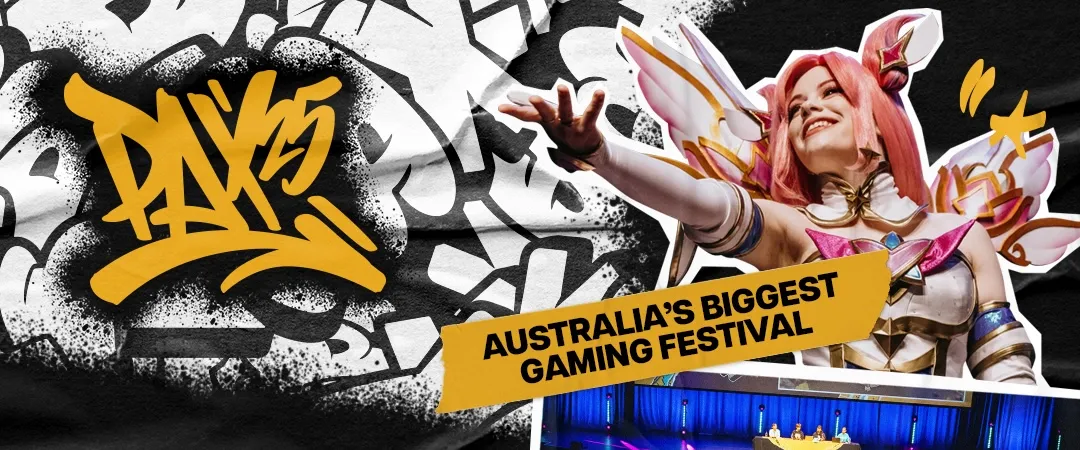Destroying my Animal Crossing island was an amazing lesson in mental health
There's no 'nuke' button in Animal Crossing: New Horizons, so the journey to destroy everything gave me so much along the way.

I grew up with Animal Crossing. As a nerdy ten year old kid with no friends, a village full of supportive animals quickly took the place of more traditional schoolyard friendships. From those origins, every game in the series is something I now go back to for that hit of cutesy sense of belonging.
During PAX Online, I was part of a panel on the subject of Animal Crossing and its positive effects on mental health.I talked about those experiences with the game as a friendless kid, and the magic of suddenly having a village full of animals that loved me, and a raccoon who introduced me to concepts like ‘interior decorating’ and ‘having to be a functioning, working adult to pay off your debts in a shady raccoon run society’.
All valuable lessons I carry with me today (seriously, it’s a very helpful game with a lot of good life lessons).
However, there was also discussion of the most recent Switch release, New Horizons.
On playing it, I was hooked, naturally, and had a lot to say. But I also had the admission that, at the time of the panel, I hadn’t played the game in roughly a month. I’d even missed my own in- game birthday.
There are a bunch of reasons for this. Where I’d once found magic in the formula, I was sick of animals telling me the same dialogue, and systems that were a little annoying but charming were now just frustrating.
The spark was lost, and like every title past, I’d put it down without much plan to return to it other than to maybe check in on the odd update. The thought of having to fix my flower-overridden island and wonky pathways was too much.
And so I left the once beautiful island of Phobos.
But on the panel I mentioned an idea. I kept wishing I could nuke my island back to a completely flat, blank slate with the press of a button.
Not only removing every piece of furniture I’d placed, and every road I had paved, but also every single flower, tree, pond and river. It is completely possible to do this manually, but for anyone who has seen how quickly flowers spread (they’re worse than weeds), and has already invested time and effort in their island layout, this is just a conceptually and actively an overwhelming task. Especially for me, someone who has chronic issues with starting any task that seems too large.
But the seed was now planted. The idea of starting from scratch built itself up in my mind. Creating a kind of New Game+ to renew my interest in the game, taking a different approach from how I started out. A completely flat island which I had to decorate and buy the trees and plant life for, that I could choose exactly where the rivers ran, and where things would sit. In practice, it would take weeks to accomplish without time travel.
The more I thought about it, and how to break it down into parts, the less daunting the task seemed to become.
Once per day, I could move one building, and demolish one structure. Already I had a limit of sorts in place as to how much I could do, and had to figure out how to work around that. Plotting out a housing area, for example, isn’t very easy when there’s a shop in the way. While I was waiting for things to relocate or demolish, I could remove parts of the existing island.

Step by step, piece by piece, I realised the task wasn’t just its end goal, but instead made up of lots of smaller goals. Realising this,This fact was even forced on me by the game itself, there was a hard limit on what I could do each day, which meant I had to stop, slow down, and plan out the next task. It ensured I could step away, breathe, and see the progress I was making.
It was a few days in until I realised, Animal Crossing had done for me something I didn’t think was possible: It was teaching me to slow down, and break one large task into smaller ones, and, most importantly… That this is how I work best.
Starting projects has never been an easy task for me. I’m the sort of person who sees where I have to begin, and what it should look like when it’s finished, without actually thinking too hard about the pieces in the middle. The bigger picture was all that mattered, and how I was going to accomplish this. While this is fine for smaller tasks, anything bigger than, say, this piece of writing, becomes almost impossible.
But day by day I would play, and I would clear a small area, which would open itself up for me to think about what it would look like and how it would progress. I wasn’t under-achieving, I didn’t have to worry about failure, and there was a hard cap on how much progress I could make which meant I needed to stop, take a step back, and think about the next day.
The mechanics were still frustrating and the dialogue was still repetitive, but I’d still figured out a way to make the game interesting again in a new way.
I kept digging up flowers, relocating things and thinking more and more about the kind of space I’d like to walk around in. Every day I’d just do a little bit, knowing that was enough. The bigger picture was still there, and was still important to the overall vision, but I had a lot of smaller, clearer steps to get there now.

Perhaps this sounds obvious to other readers.But to me, this is like a cosmic revelation that I don’t need to deliver something finished and polished right away.
That for every completed project, there are a lot of smaller steps to get there, each their own mini completed project.
Most importantly, I needed to take the time to breathe and really think about what I wanted, simply because I had to. The game was forcing me to take that time. It was forcing me to take back and take a breath before I moved onto the next day, and to the next step.
What was just an interesting experiment with the idea of figuring out how to make myself pick this game back up, turned into a series of self revelations.
From the ashes of my old island and the hundreds of flowers I had to dig up, I built a new island that was not only somewhere I wanted to spend time in, but somewhere that, just like the good old days of Animal Crossing, was teaching me something about myself.
It also probably boosted the local raccoon mafia/society by a ridiculous amount of bells because moving every building isn’t cheap, and at this point I think I’m responsible for the entirety of Timmy and Tommy’s college funds.
Right now, at the time of typing, I’m still not done, but I’m close. There’s still a lot to do, but it looks achievable now.
So now, with each day that passes, and with each task I complete, my island looks a little bit more like the kind of fun zen space I had in mind. And the journey to get there has been more rewarding than pressing a simple 'nuke' button could ever have been.
Byteside Newsletter
Join the newsletter to receive the latest updates in your inbox.



